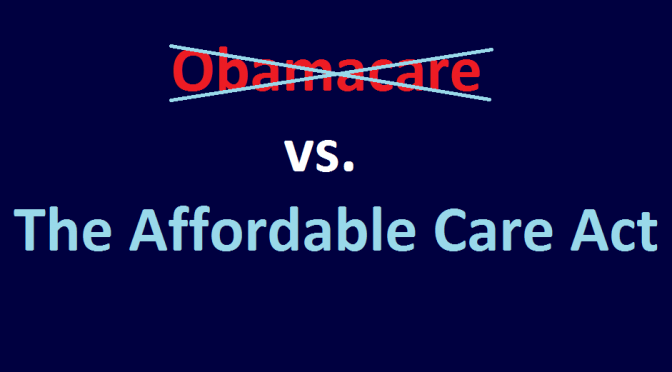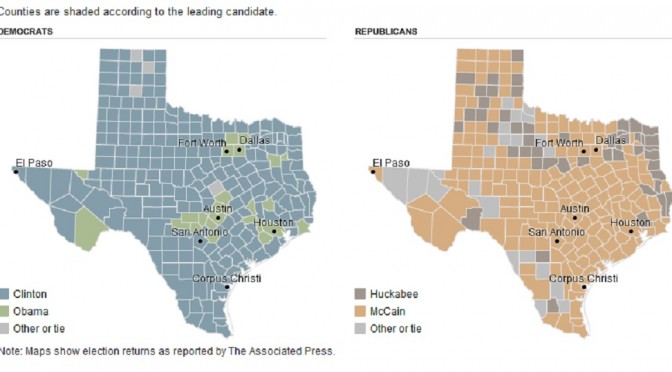Time to Kill Obamacare
Perhaps this isn't the post title that one expects to see on a left-leaning blog, but just bear with me.
When suggesting that we kill Obamacare, it is not suggesting that the law and new practices be actually killed, like some of the theories Conservative writer George Will has put forward. He thinks the Affordable Care Act can … Continue Reading ››

